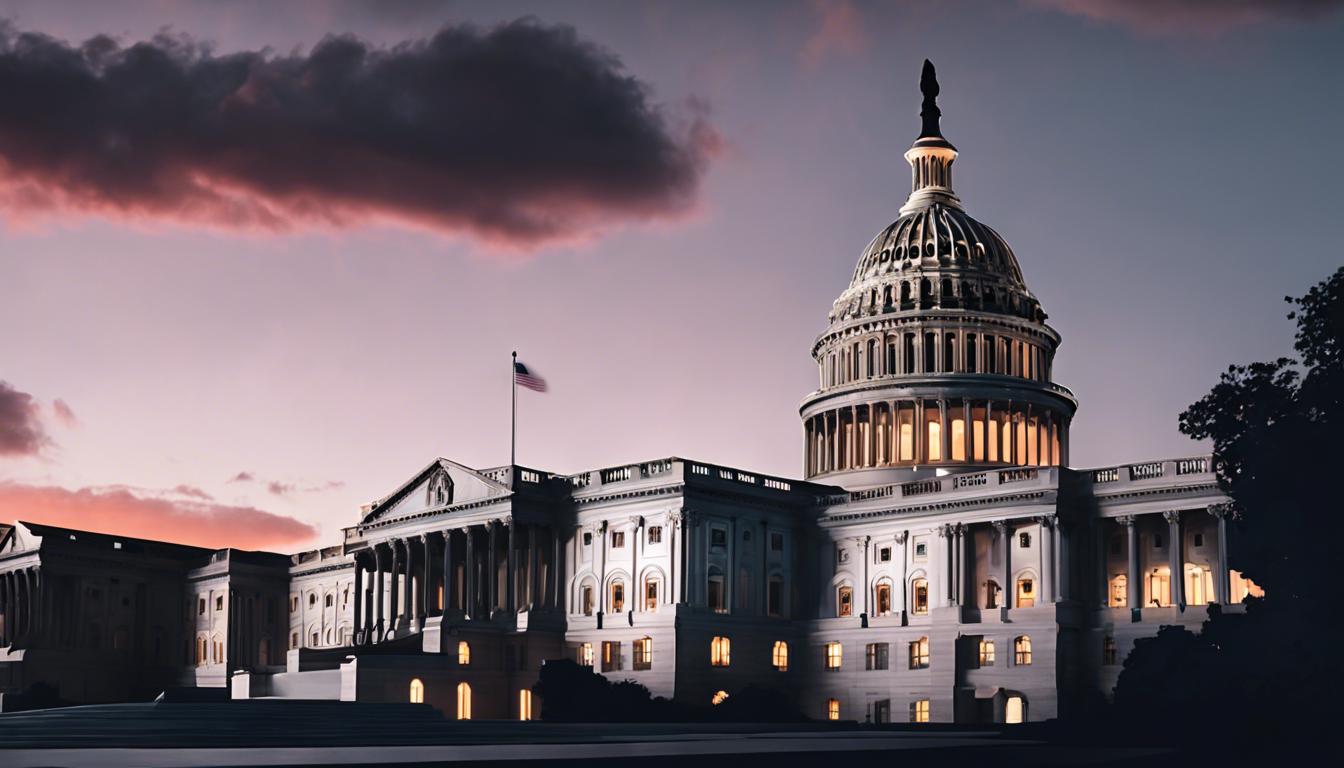The US House of Representatives has voted in favor of legislation that would require ByteDance to divest from TikTok or face a ban, amid national security concerns over the social media giant.
The US House of Representatives has taken a decisive step towards addressing national security concerns associated with TikTok, the popular social media platform owned by the Chinese company ByteDance. In recent legislative moves, the House voted overwhelmingly in favor of a bill that subjects ByteDance to divest from TikTok within a specified time frame or face the platform being banned in the United States.
This legislative action comes amid persistent worries that TikTok could be used to collect sensitive user data and censor content on behalf of the Chinese government. Despite TikTok’s assurances to the contrary, the House passed the bill with a notable majority, signaling significant bipartisan support for the measure. The bill, if it becomes law, would require ByteDance to sell a majority stake in TikTok to a US company within a stipulated period to avoid the app’s removal from US markets.
The legislation, referred to as the Protecting Americans from Foreign Adversaries Controlled Applicants Act, marks a critical chapter in the ongoing debate over the influence of foreign-owned technology platforms on national security and user privacy. The White House has expressed its support for the bill, underscoring the administration’s concern over the potential national security risks posed by Chinese ownership of major social media platforms operating in the US.
The bill now awaits further deliberation in the US Senate, where its fate remains uncertain. Notably, the proposed legislation has sparked a debate over freedom of speech implications, with some senators expressing reservations and others, including President Joe Biden, indicating their readiness to endorse the measure.
As TikTok boasts a substantial user base of 170 million in the US, the company has actively raised objections to the bill, arguing that it would not only risk banning the platform but also impact the livelihoods of countless creators and businesses that rely on its services. Despite these concerns, proponents of the bill see the divestment provision as an opportunity for ByteDance to dissociate from TikTok in a manner that addresses national security concerns without necessitating an outright ban.
The development has prompted a vigorous campaign from ByteDance, urging TikTok users to voice their opposition to their representatives. Meanwhile, the outcome in the Senate and the subsequent decision by President Biden remain highly anticipated, with potential far-reaching implications for the social media landscape in the United States.













